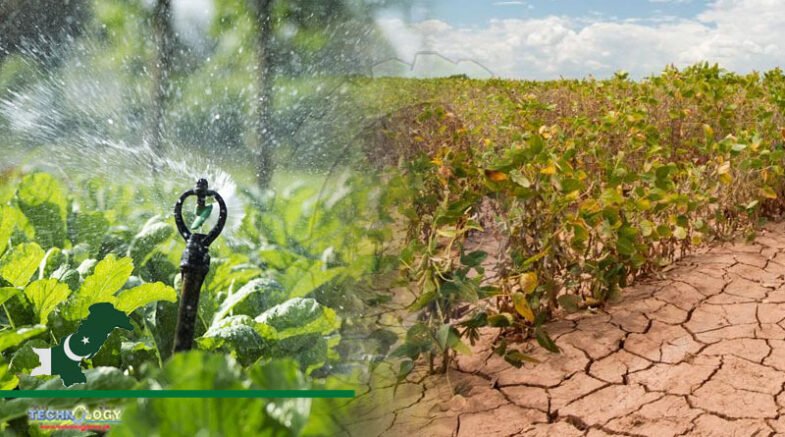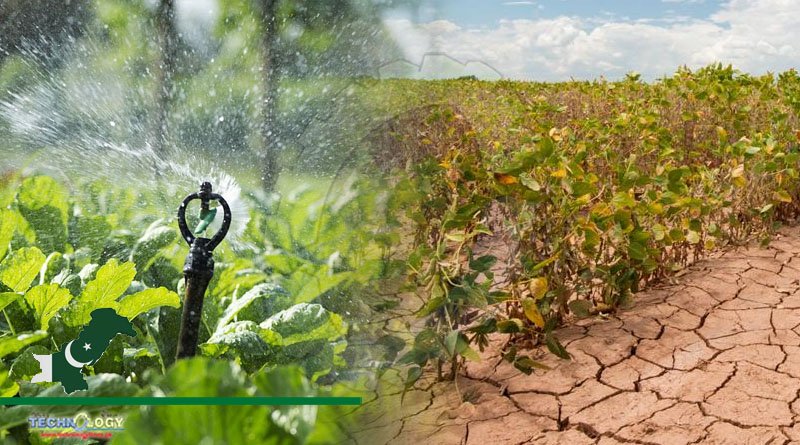The seminar speakers discussed the affect of climate change on saline soil and the soil health of fertile land, as well as their recommendations for increasing agricultural land output.

The International Water Management Institute (IWMI) with the assistance of USAID on Friday, hosted a one-day seminar on the affect of climate change on agricultural land here at Crop Reporting Services.
The seminar, chaired by Dr. Mohammad Israr, Secretary of Agriculture and Livestock, sought modern techniques for combating the affect of climate change on agricultural land and increasing agricultural production.
In addition, all Director Generals (DGs) of agriculture and livestock sectors, as well as representatives from IWMI, USAID, and agricultural experts and researchers, attended the seminar.
The seminar speakers discussed the affect of climate change on saline soil and the soil health of fertile land, as well as their recommendations for increasing agricultural land output. In his remarks at the seminar, Dr. Israr praised the efforts of IWMI and USAID in organising the event.
He stated that the development of the agriculture sector was the provincial government’s top priority, and that steps were being taken to make irrigation water more efficient. While speaking to seminar participants, Dr. Shahid Iqbal and other speakers discussed ecological zones in depth, and Sumbal Ghaznavi provided information on saline and fertile lands.
The IWMI vision is for a world free of water scarcity. However, as the pandemic spreads into the world’s poorest regions, the gap between that vision and reality becomes more apparent. Millions of people lack access to safe water, which is the first line of defence against the virus.
Reducing tillage, increasing crop rotations, planting cover crops, and reintegrating livestock into crop production systems have all been shown to reduce agriculture’s own carbon footprint while also capturing excess carbon generated by other industries.
Farms commonly use the following major technologies: harvest automation, autonomous tractors, seeding and weeding, and drones. Farm automation technology addresses major issues such as global population growth, labour shortages on farms, and shifting consumer preferences.
